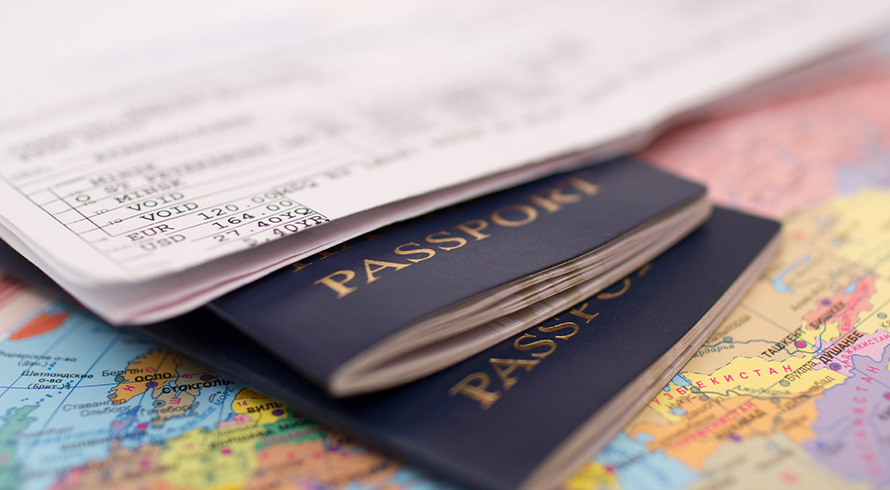The changing landscape of third party compensation in South Africa: how does it affect you?
As users of motorised transport, we are exposed daily to the possibility of being involved in a road accident. So it is important to consider how disability (or death) as a result of a road accident will affect you, what compensation you or your dependants can recover in terms of current legislation and to what extent you need to review your personal insurance portfolio.
The historical position
Before 1 August 2008, anyone injured (or killed) in a motor vehicle accident could recover compensation from the Road Accident Fund (RAF). The compensation that could be recovered from the RAF was unlimited, the exception being in regard to passengers where the negligence of the driver of the vehicle conveying that passenger was the sole cause of the accident. The damages were calculated on the victim's actual financial expenditure on past hospital and medical expenses, projected future medical expenses and past and future loss of earnings. Provision was also made for payment of general damages, commonly referred to as damages for pain and suffering. Essentially this amounted to a form of insurance with unlimited cover, the 'premium' for which was paid as a levy included in the fuel price.
The new regime
The Road Accident Fund Amendment Act No. 19 of 2005 came into operation on 1 August 2008. The most important features of this legislation are that:
- the fault requirement was retained;
- general damages would be awarded only to a person who suffered a 'serious injury' is defined in the Act and the regulations;
- the limitations on all passenger claims were removed;
- compensation for loss of earnings or loss of support was limited, or capped to a gazetted amount. Initially, the capped amount was R160 000 a year. Presently, it is R189,017 per year;
- the common law right to sue the wrongdoer for the damages not recoverable from the RAF was excluded. (This common law right existed in South Africa, as it still does in most countries, prior to the amendment); and
- medical expenses would only be recoverable at a prescribed medical tariff for health services. At the prescribed tariff, the costs of treatment would be covered at a public health care facility, but would be totally inadequate to cover the costs of private health care.
The Law Society of South Africa and others mounted a constitutional challenge to the provisions in the amendments:
- abolishing a road accident victim's right to recover from the wrongdoer the losses that are not compensated under the Act;
- limiting or capping the amount of compensation that the RAF has to pay for loss of income or support; and
- in which the Minister of Transport has prescribed medical tariffs for health services by public health institutions.
The Constitutional Court gave judgment on 25 November 2010. Only the last of these provisions was challenged successfully.
The current situation leaves road users exposed to potentially crippling expenses and certainly gives scope to insurance companies to design insurance cover to cover those risks.
The information and material published on this website is provided for general purposes only and does not constitute legal advice. We make every effort to ensure that the content is updated regularly and to offer the most current and accurate information. Please consult one of our lawyers on any specific legal problem or matter. We accept no responsibility for any loss or damage, whether direct or consequential, which may arise from reliance on the information contained in these pages. Please refer to our full terms and conditions. Copyright © 2026 Cliffe Dekker Hofmeyr. All rights reserved. For permission to reproduce an article or publication, please contact us cliffedekkerhofmeyr@cdhlegal.com.
Subscribe
We support our clients’ strategic and operational needs by offering innovative, integrated and high quality thought leadership. To stay up to date on the latest legal developments that may potentially impact your business, subscribe to our alerts, seminar and webinar invitations.
Subscribe




